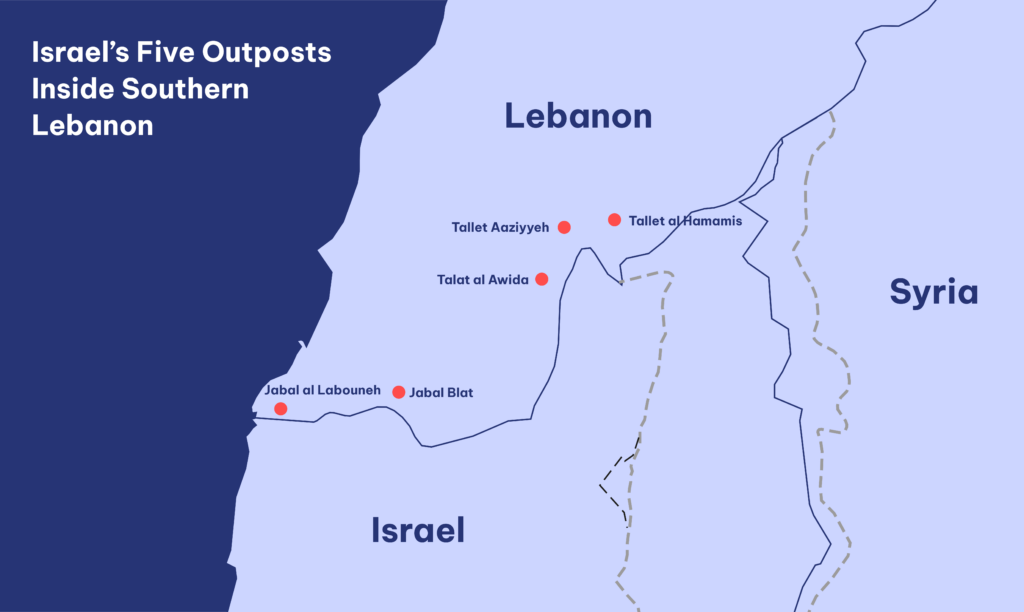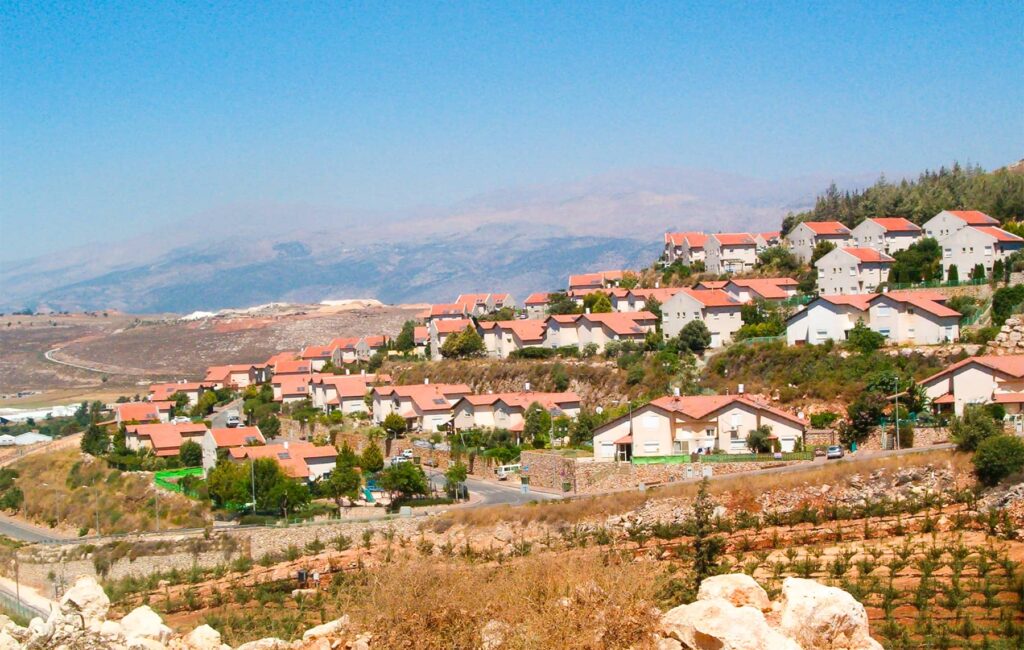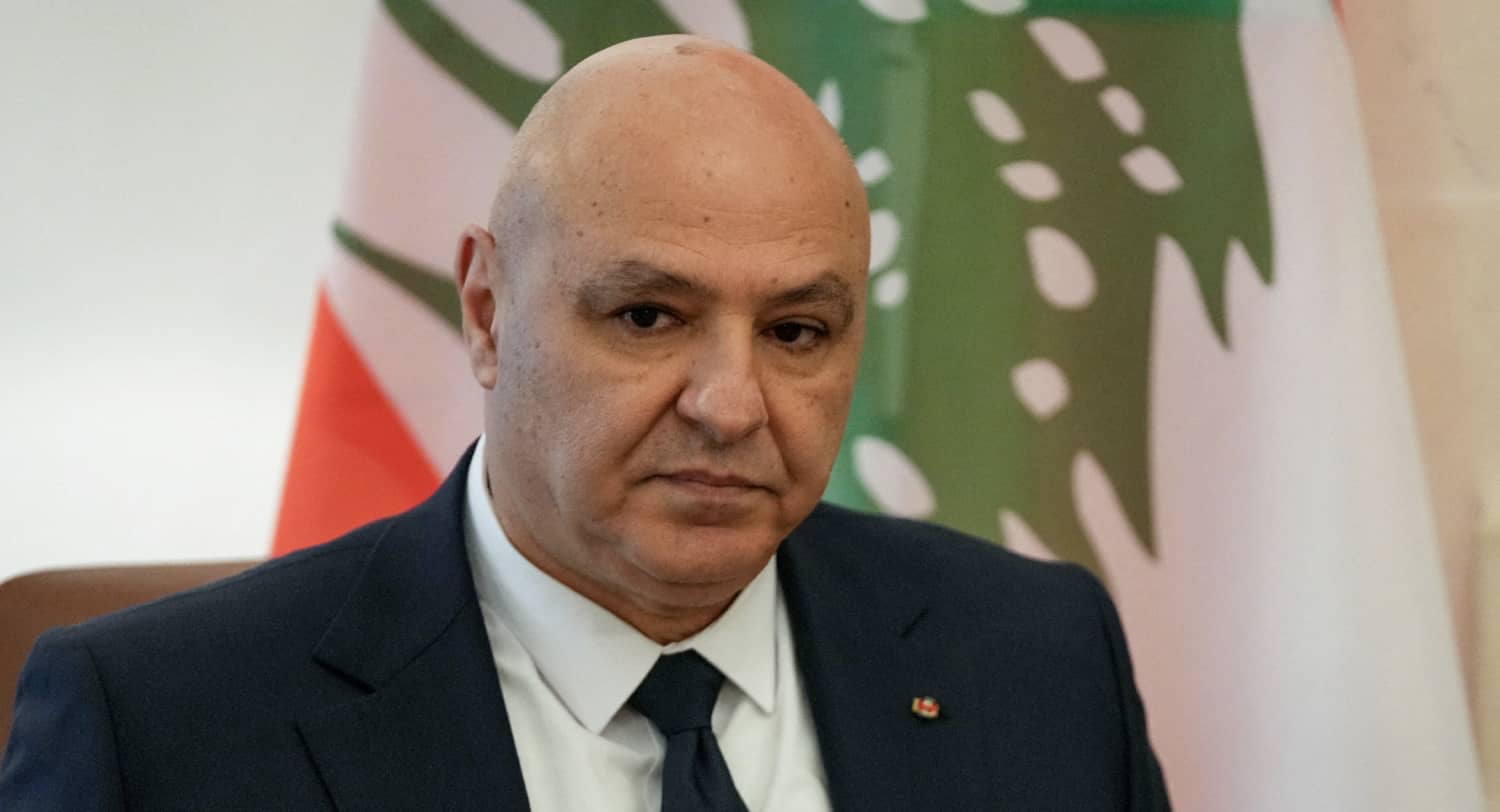The new Lebanese president, General Joseph Aoun, says in closed-door meetings that he has no intention whatsoever of sending his military to clash with Hizbullah. He insists that implementing the Lebanese government’s agreement to disarm Hizbullah must be preceded by dialogue and solid understandings.
Aoun, as military chief before becoming president in January, instructed his staff officers to present him with a plan for collecting Hizbullah’s weapons by September 2. Yet the government now has conveyed to the US Special Envoy Tom Barrack and deputy Morgan Ortagus that collection of arms cannot be completed by the end of the year, as initially promised in Prime Minister Nawaf Salam’s cabinet statements.
Hizbullah, for its part, falls back on its old call to discuss national “defense strategy,” highlighting its role in resistance to Israel. At the same time, Sheikh Hasan Nasrallah’s pale successor, Naim Qassem, vows to refuse handing over the organization’s still impressive arsenal, repeatedly threatening to fight the Lebanese army and warning of civil war.
President Aoun knows perfectly well that the military chief of staff who replaced him in March, General Rodolphe Haykal, was selected over other well-qualified commanders simply because he was Hizbullah’s preferred candidate. Haykal had developed a close working relationship with Hizbullah operatives when he commanded troops in the South Litani sector.
On August 9, when a Lebanese army unit arrived at a Hizbullah bunker in south Lebanon, searching for rockets, Hizbullah operatives detonated a remotely-controlled booby trap, killing six US-trained Lebanese demolition experts and wounding others. Neither the government nor Hizbullah called this an accidental explosion. On August 14, addressing a crowd of followers, Sheikh Naim Qassem warned that his troops would fight “a Karbala battle if necessary.” [Note: A reference to the historic battle in which Hussein, the third Shi’ite imam and grandson of prophet Muhammad, encircled by much larger forces, essentially chose to commit suicide by means of fighting a hopeless battle].
Lebanese Prime Minister Nawaf Salam, who acted extensively on the PLO’s behalf before serving as a judge on the International Criminal Court in The Hague, has repeatedly said that weapons will only be possessed by the state. However, Hizbullah doesn’t appear to take him too seriously after forcing him to appoint Hizbullah supporters to a number of key security jobs. The “Party” [al-Hizb in Arabic] as it is known in Lebanon counts on the relative fragility of Salam’s narrow power base within his Sunni community.
US Special Envoy Barrack has publicly demanded that Israel take preliminary steps: a gradual withdrawal from the IDF’s five hilltop positions in south Lebanon and a slowing down of the pace of air attacks on Hizbullah attempts to reconstitute their strongholds, both north and south of the Litani River. But Israel should not agree to any gesture or concession, as long as the promises of disarmament are not translated into significant actions; Israeli concessions are not a pre-condition to the longstanding Lebanese agreement to disarm Hizbullah.
In the Israeli northern border village of Metulla (my family’s roots), only 40 percent of the 2,800 residents, all of whom were evacuated following Hizbullah rockets attacks, have begun to return. Metulla will be hard pressed to recover without an IDF protective presence on the adjacent Hammamis Ridge across the border in Lebanon.

For Metulla’s residents, replacing the IDF presence inside the Lebanon border with a Lebanese army unit would be an acceptable solution only after Hizbullah loses its military wing. The same is true for the other four outposts.

The US will have to apply significant pressure on Aoun and Salam in order to encourage them to stop dragging their feet. That should include withholding economic aid to the bankrupt country and sanctioning those responsible for the delays, especially Hizbullah’s main ally, the once strong Amal movement, and its leader Nabih Berri, the speaker of Lebanon’s parliament. Flipping the 87 year-old Berri would isolate the “Party” and endanger its prospects in the general elections.
Israel has its own set of incentives to encourage Hizbullah to hand over its weapons. The IDF can expand the scope of its targets to include the remaining Hizbullah military, security and intelligence commanders who continue to run the organization: Wafiq Saffa, head of liaison and coordination, the two current senior military chiefs, Abu Ali Khaidar and Haitham Tabatabai, and the Head of Unit 910 (external operations) Talal Hamiya, among others. These are all wanted terrorists, many designated under the US Rewards for Justice program, who believe they are invulnerable living in Beirut.
In addition, Israel should have a list of bilateral diplomatic steps to be taken as confidence-building measures before completing the land border demarcation and before discussing a comprehensive security agreement. These should include establishing a joint committee to oversee the flow of water in the Hazbani River (the main tributary of the Jordan River), the Ayoun creek and the Wazani spring; reopening the border crossing at Rosh Hanikra; and reopening airspace that will mainly serve flights from Lebanon to Saudi Arabia. Lebanese official recognition that the Sheba’a Farms and the village of Ghajar were in Syrian territory prior to the 1967 war would deprive Hizbullah of a major excuse for confronting Israel. There are quite a few additional Israel-Lebanon steps that can be agreed upon during the period of waiting for Hizbullah’s disarmament.
As of late August 2025, the situation is not encouraging. The Lebanese Armed Forces lack both the will and the strength to implement even the agreement that was reached in May between President Aoun and PLO Chairman Abu Mazen to demilitarize the 12 refugee camps in Lebanon. On August 21, a ludicrous performance was on display in which a single “arms truck” was removed from Burj al-Barajneh Palestinian refugee camp in Beirut, a miserable sham.
If Lebanon’s army can’t take an anti-tank missile away from Hamas in Lebanon, how will it be able to take Hizbullah’s Zelzal rockets in the Beka’a Valley? At a minimum, Lebanon and the PLO should annul the 1969 Cairo Agreement in which the Lebanese Armed Forces ceded to the PLO exclusive control over the refugee camps in Lebanon.
In summary, Hizbullah has been terribly weakened and has lost nearly all of its local allies as a result of launching a war against Israel. But it insists on retaining all of its remaining military capabilities.
Lebanese friends tell me there isn’t a realistic chance that the parliamentary elections in May 2026 will result in a solid majority against Hizbullah. Hizbullah’s success in the recent municipal elections shows that its money machine is still able to buy support on local television stations. Thus, President Aoun may continue promising the Americans to disarm Hizbullah, but he delivers a different message to Hizbullah.

